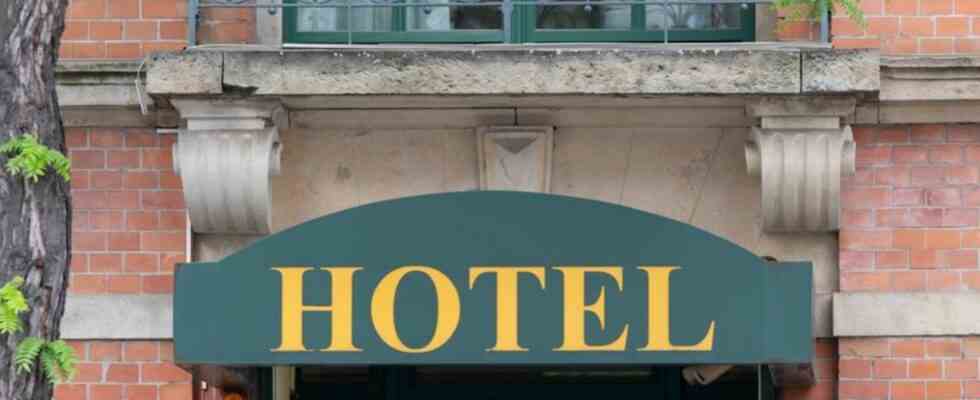Pandemic
The hospitality industry continues to see itself in a deep crisis
The hospitality industry has for the first time again generated sales at the pre-crisis level. photo
© Sebastian Kahnert/dpa
Despite the permanently ideal beer garden weather, the German hospitality industry is missing guests. Strong price increases cannot compensate for the corona slump and exploding costs.
Despite a recovery in sales in June, the German hospitality industry continues to be in a deep crisis. In view of the sharp rise in costs, companies are threatened with the third year of losses in a row, the Dehoga Federal Association warned on Friday in Berlin. At the same time, the industry is confronted with exploding costs in the areas of energy, food and personnel, said association president Guido Zöllick according to a statement. In addition, heavy sales losses are to be expected again in the coming winter due to the planned corona measures.
According to the Federal Statistical Office, the hospitality industry returned to the pre-coronavirus level for the first time in June. Mainly thanks to significant price increases, the landlords and hoteliers had as much money in their coffers as they had last in February 2020. Adjusted for seasonal and calendar effects, nominal sales in June were 0.1 percent higher than in this last full month without the effects of the Pandemic.
The existential worries grow
Dehoga, on the other hand, referred to the price-adjusted sales development. In real terms, i.e. at unchanged prices, 22.1 percent of the business was missing in the first half of the year compared to the first half of 2019. A clear recovery can be seen compared to the crisis year 2021, when extensive lockdowns initially applied in the first half of the year. Since then, according to the Federal Office, sales have almost doubled, namely with increases of 109.2 percent nominal and 98.5 percent real.
“The half-year balance shows that the third year of losses in a row is imminent. The existential concerns and needs of entrepreneurs are growing again,” Zöllick warned. He called for a cap on energy costs and the continuation of the reduction in VAT on food to 7 percent. The reduced rate was introduced on July 1, 2020 and is expected to expire at the end of the year. “The 7 percent VAT must remain permanent. Otherwise, many companies will not survive the crisis.”
Notification Destatis Gastgewerbe 6/2022 Notification Dehoga

